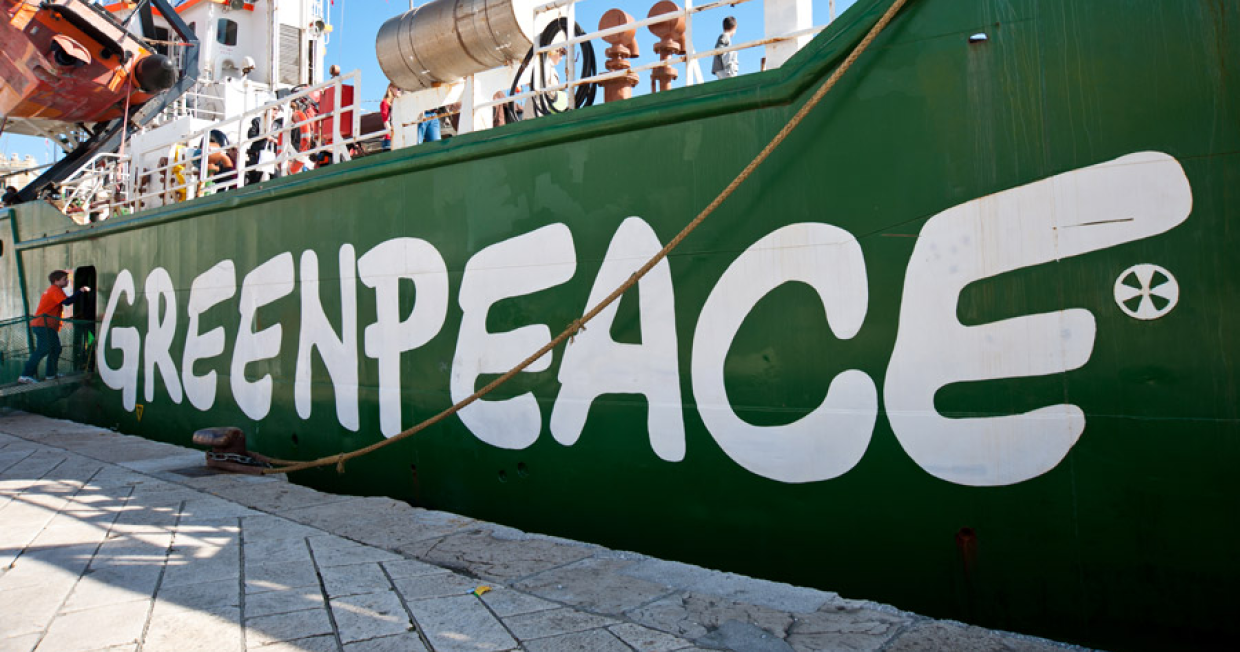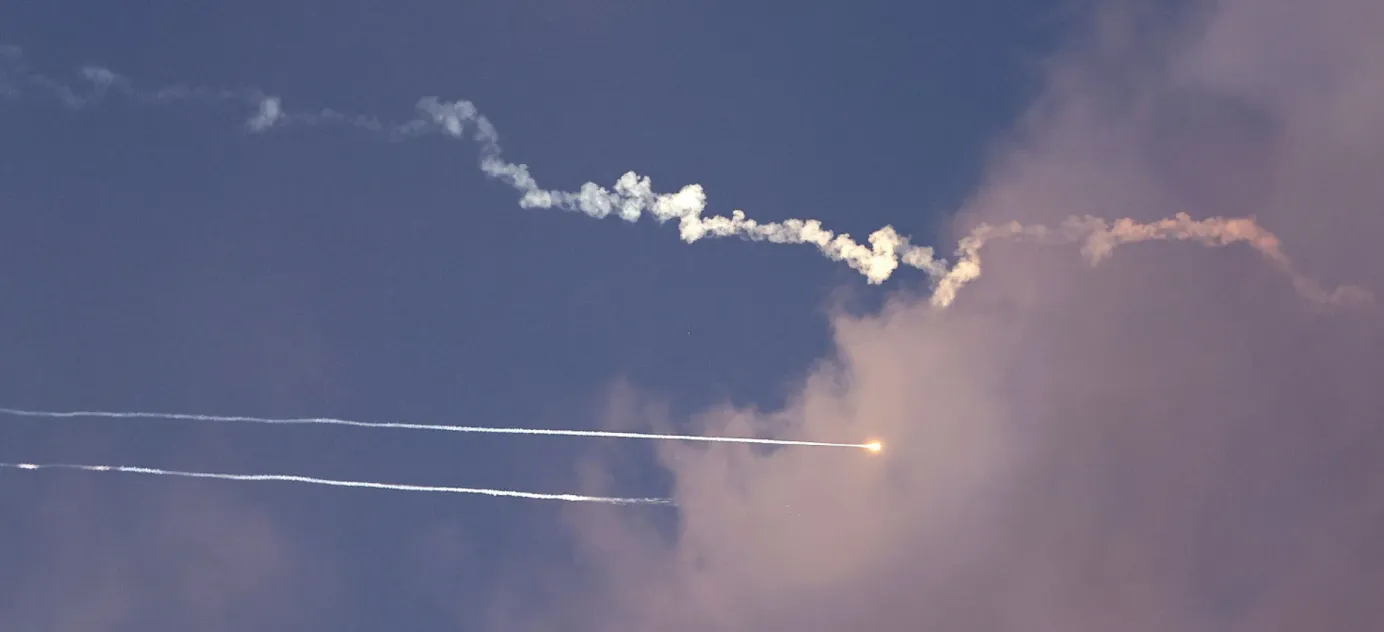
Russia bans Greenpeace
Russia’s prosecutor general designated Greenpeace as an “undesirable” organization Friday, which effectively bans its members from working in Russia. According to the authorities, Greenpeace “poses a threat to the foundations of constitutional order and security” in the country, and, since the start of the war, it has “engaged in anti-Russian propaganda,” called for sanctions and sought “to change power in the country in an unconstitutional way.”
- After being designated “undesirable,” Greenpeace announced the closure of its Russian branch. According to its members, they were branded “undesirable” because they tried blocking several projects that would be ruinous to the environment, such as opposing laws that would allow for the destruction of forests on the shores of Siberia’s Lake Baikal.
- Apparently, the decision to ban the environmental campaigners was a surprise even within the Kremlin, independent media outlet Agentstvo reported. For example, Greenpeace’s Sergei Tsyplenkov still sits on the presidential commission for human rights. So, ironically, Putin has taken advice from a representative of an undesirable organization.
- Greenpeace has worked in Russia for more than 30 years. During that time, the organization helped to set up six UNESCO reserves in the country, half of which it successfully defended in court against cases brought by builders and gold miners. In addition, environmentalists fought against relaxations on environmental protections and defended Lake Baikal – the world’s largest freshwater lake – against poachers and pollution.
- Greenpeace is the second environmental organization to be targeted by the Russian authorities this year. In March, the Justice Ministry added the World Wildlife Foundation (WWF) to its register of “foreign agents” following criticism from pro-government environmentalists. In November, Russian deputies proposed designating Greenpeace as an undesirable organization. However, it is not clear whether the new status is linked to that request.
Pourquoi le monde doit-il s'en préoccuper ?
“I have a positive relationship with everyone that protects the natural world,” Putin said 10 years ago. But today, a good relationship with the president is not enough to protect any foreign organization from persecution within Russia.









